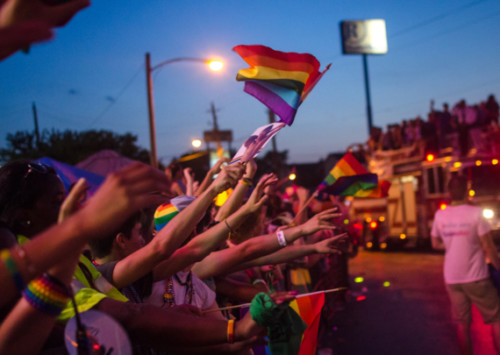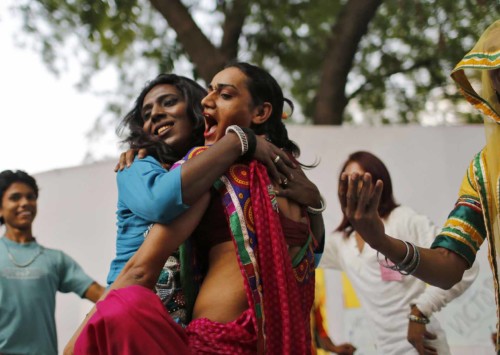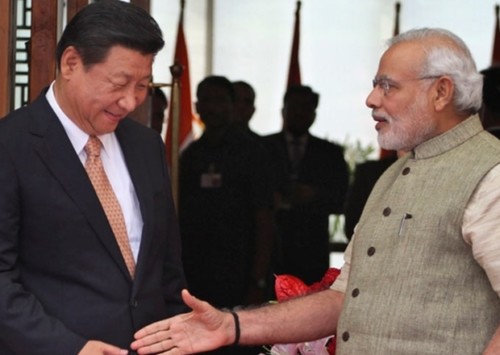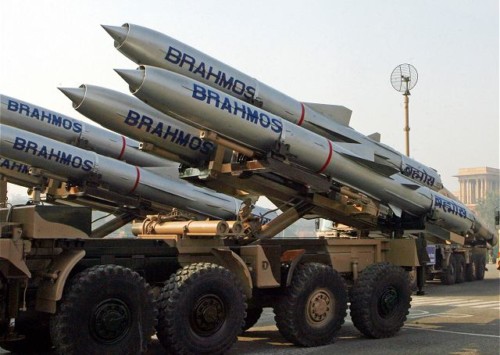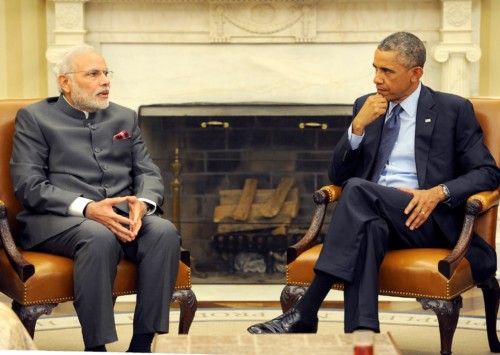India refrains to vote at the UN LGBT resolution
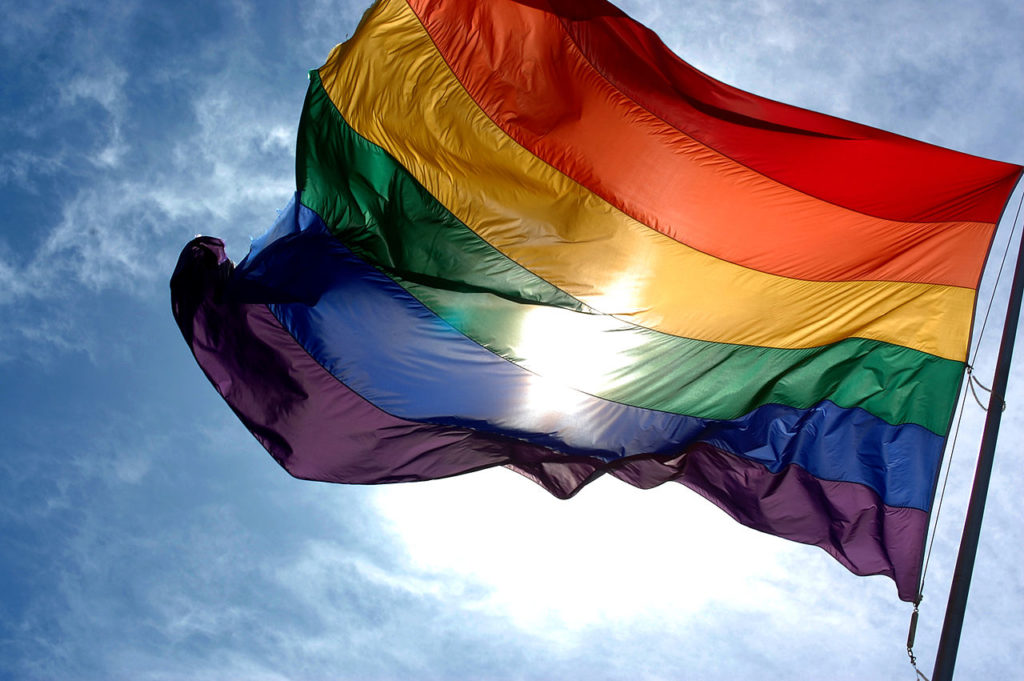
The UN-HRC appoints Independent Expert to stop discrimination based on sexual orientation and gender identity
While the United Nations took a historic stand to curb the violence and discrimination against alternate sexual preferences, India abstained from voting.
After repeated petitions from various parts of India voicing strong opposition to the Section 377 of the Indian Penal Code (IPC), the country chooses not to take a clear stand in the global arena. India, dictated by last-century domestic laws is perhaps uneasy on LGBT (lesbian, gay, bisexual, and transgender) issues despite having a prominent voice on the 47-nation human rights council.
The United Nations have passed the sexual orientation and gender identity (SOGI) resolution to fight the challenges faced by the LGBT community across the world and plans to appoint an Independent Expert for a term of three years to an office serving as the watchdog protecting the rights of these sexual minorities. Member countries of the Human Rights Council did argue on cultural differences but the majority condemned the June 12 mass killing at an Orlando night club in Florida. South Africa and Philippines remained the other two numb voters apart from India.
New @UN_HRC mandate on sexual orientation& gender identity. Votes: 23 States for, 18 against https://t.co/HkRklBTUU8 pic.twitter.com/tjbuxrfYq9
— UN Human Rights (@UNHumanRights) June 30, 2016
The office of the high commissioner, United Nations Human Rights released the voting results on their website:
In favour (23): Albania, Belgium, Bolivia, Cuba, Ecuador, El Salvador, France, Georgia, Germany, Latvia, Mexico, Mongolia, Netherlands, Nigeria, Panama, Portugal, Republic of Korea, Slovenia, Switzerland, The former Yugoslav Republic of Macedonia, United Kingdom of Great Britain and Northern Ireland, Venezuela, and Viet Nam.
Against (18): Algeria, Bangladesh, Burundi, China, Congo, Côte d’Ivoire, Ethiopia, Indonesia, Kenya, Kyrgyzstan, Maldives, Morocco, Namibia, Qatar, Russian Federation, Saudi Arabia, Togo, and United Arab Emirates.
Abstentions (6): Botswana, Ghana, India, Maldives, Philippines, and South Africa.
India stoic to Gay woes
India’s stand in the UN human rights council on issues related to gender equality has always remained sloppy. Ironically, India by not voting has improved by the standards of its last UN vote, where the country voted against the proposal of giving allowances to the spouses of gay UN diplomats. Even in September 2014, India abstained on a resolution on sexual orientation and gender identity.
The blunt silence of India also indicates the reckless attitude of the country towards the rampant bullying, harassment and discrimination faced by these communities in India. Unfortunately, India lands up in the same boat with some African and Islamic countries that have a history of violence against gender minorities. Apart from the Russian Federationa and China, no other progressive country voted against the appoitment of an independent expert. Although the Ministry of External Affairs (MEA) tried to cloak the entire situation stating that the LGBT issue is under sub judice, the government’s consistent apathetic outlook towards gender violence became all more vivid.
Degrading global image
India yet again fails to capitalise on the opportunity to assume a leadership role in the global arena on an issue with an international focus. While the country fails to register its membership in the Nuclear Suppliers Group (NSG), this was a solitary possibility for India to address this imperative human rights concern and reclaim its prestige. The SOGI resolution witnessed India standing out of its natural allies such as France, Germany, United Kingdom and many Latin American countries.
India claiming to become a big power player with an optimistic economy as the backbone should now look deep inside its human rights record. With increasing violence against the religious minorities, Dalits and women being reported on a daily basis, India’s ignorance to the equal rights of the LGBT community might disturb its fancied dream.
The SOGI resolution will expect cooperation from India in terms of reports, researches and recommendations to stop the violence and discrimination against the LGBT community. Hoping against the odds, India might take this forward as a self-criticism and ensure a better place with equal rights for those who have an alternate gender identity. To start off, India should first dismiss its colonial-era (read 1860) laws such as Section 377.

